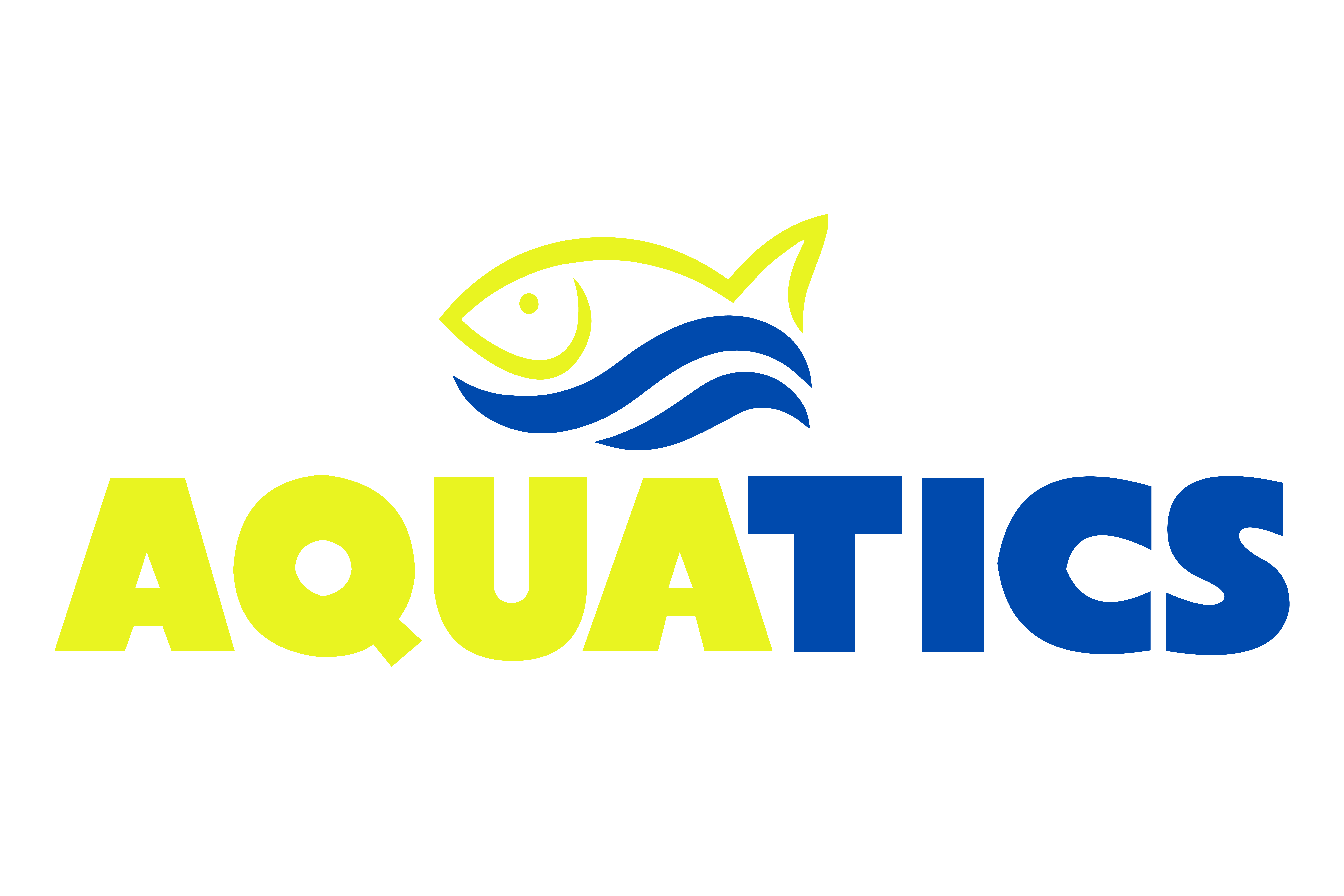Salt in Freshwater Aquariums? Yes, No, Maybe?
Salt in freshwater aquariums? Yes! Why? Because salt can be used to create a thriving underwater haven for our finned friends!
Though not essential (and maybe controversial), we want to arm you with the necessary knowledge. Because yes, salt in freshwater aquariums do offer various benefits! But what are they?
In this blog, we explore three distinct types of aquarium salts — aquarium salt, epsom salt, and cichlid salt. So, buckle up for a splash of knowledge!
Table Salt vs. Aquarium Salt

Let’s clear the waters first! Now, we all know table salt has its place in the kitchen, but in our freshwater aquariums, it’s a different story.
High levels of table salt (sodium chloride) is harmful to freshwater fish due to its composition and lack of specific elements crucial for aquatic health. Unlike specialized aquarium salts, table salt does not provide essential electrolytes and minerals vital for fish well-being.
Its use can lead to imbalances, stress, and even toxicity in fish, as it lacks the specific formulation required to support a healthy freshwater aquatic environment.
So, remember — table salt may spice up your dinner, but for your finned friends, it’s aquarium salt that adds the perfect flavor to their aquatic abode!
3 Types of Salt in Freshwater Aquariums
Alright, fellow fish aficionados, let’s dive into the salty details! We’ll be uncovering the secrets of not one, not two, but three types of aquarium salts. These aquatic wonders go beyond your everyday table salt and are tailor-made to keep our underwater pals in prime condition.
1. Aquarium Salt
Aquarium salt is a blend of essential components, each playing a unique role:
- Calcium Chloride: A key player in maintaining ion balance.
- Calcium Sulfate: Supports overall water hardness.
- Magnesium Chloride: Essential for fish metabolism.
- Magnesium Sulfate: A contributor to water hardness and overall fish health.
- Potassium Chloride: Promotes nerve function and muscle development.
- Sodium Chloride: Common table salt, providing electrolytes.
Benefits of aquarium salt:
- Adding electrolytes to the water: Much like sports drinks for humans, aquarium salt introduces essential electrolytes into the water, promoting a balanced environment for your aquatic companions.
- Improving gill function and aiding fish respiration: The electrolytes assist in optimizing gill function, enhancing fish respiration. This is particularly beneficial in situations where fish may be stressed or recovering from illness.
- Disease prevention and treatment: A superhero against external threats, aquarium salt fights off bacterial, fungal, and parasitic intruders. It even boosts the fish’s slime coat, acting as a natural shield.
While aquarium salt is generally well-tolerated, some species, like certain catfish or scaleless fish, may be more sensitive. It’s always wise to research the specific needs of your fish before salting their habitat.
More is not always better. Overdosing on aquarium salt can lead to unintended consequences, including stress or harm to your fish. Follow recommended dosages and monitor your aquarium closely.
2. Epsom Salt
Epsom salt keeps it simple — it’s 100% Magnesium Sulfate. No additives, no frills, just pure goodness for your aquatic buddies.
Benefits of epsom salt:
- Digestive health: Fish can’t exactly tell you when they’re feeling off, but epsom salt can address common ailments that might be plaguing them under the surface. Epsom salt aids with constipation, bloating, and swim bladder issues by acting as a gentle laxative, promoting bowel movements and relieving digestive discomfort. Its magnesium sulfate content helps regulate osmotic balance, reducing inflammation and easing pressure on the swim bladder, ensuring improved buoyancy for fish experiencing swim bladder issues.
While aquarium salt also contains magnesium sulfate, epsom salt packs a higher concentration. When dealing with specific health issues in your tank, epsom salt might be the superhero you need. Keep it on hand for those times when your underwater buddies need a little extra TLC. After all, a happy fish is a healthy fish!
3. Cichlid Salt
Crafted with precision, cichlid salt boasts a unique mix of salts to replicate the natural parameters of African or American cichlid habitats. This includes Magnesium Chloride, Aluminum Sulfate, Calcium Chloride, Potassium Sulfate, Sodium Chloride, Potassium Iodide, and Iron Sulfate.
Benefits of cichlid salt:
- Specifically designed for African or American cichlid tanks: Cichlid salt caters to the distinct needs of cichlids, ensuring an environment that aligns with their natural preferences.
- Mimicking natural water parameters: By closely emulating the mineral content found in cichlid habitats, this salt fosters a setting where these unique fish can thrive.
While perfect for cichlids, exercise caution when considering Cichlid Salt for tanks housing other fish species. Different fish have different preferences, and we want everyone to feel at home.
Considerations
Let’s anchor ourselves with some vital considerations when using salt in freshwater aquariums.

Understanding Specific Aquarium Needs
Just like each fish has its own personality, every aquarium has its unique set of needs. Understanding the specific requirements of your underwater ecosystem is paramount. Some fish prefer a specific type where others prefer a different type. Tailor your approach to match the inhabitants of your aquatic kingdom.
Potential Risks of Improper Dosage
More isn’t always better, especially when it comes to salt in aquariums. Improper dosage can lead to stressed-out fish and unintended consequences. It’s like adding spice to a dish — moderation is key. Follow recommended guidelines, considering the sensitivity of your aquatic buddies.
Regular Testing and Adjustments
Just as a captain checks the navigation instruments, you should regularly test your water parameters. Monitor salinity levels and adjust accordingly. Regular testing ensures your fish are swimming in the optimal conditions, preventing any potential salt-related hiccups.
Keep Track of Your Tank With Aquabuildr!
Adding a pinch of salt to your freshwater aquarium might sound counterintuitive, but when used judiciously, aquarium salt can work wonders for the well-being of your finned friends.
So! How do you keep track of your salt dosages? How will you remember when and how much you dosed your tanks? Are you going to write it on a piece of paper that may get lost? We recommend the Aquabuildr app!
You can track everything in Aquabuildr — what you dosed, when you dosed your tank, and how much your dosage was. You can also set up reminders to let you know when’s the next time to do something with your tank. Aquabuildr’s intelligent algorithm has your back!
Download the app on the Google Play Store or Apple App Store for FREE, and let Aquabuildr be your guiding neighbor in the aquatic world.

-
Salt in Freshwater Aquariums? Yes, No, Maybe?
Dive into the ocean of knowledge on salt in freshwater aquariums! From aquarium salt to cichlid salt!







